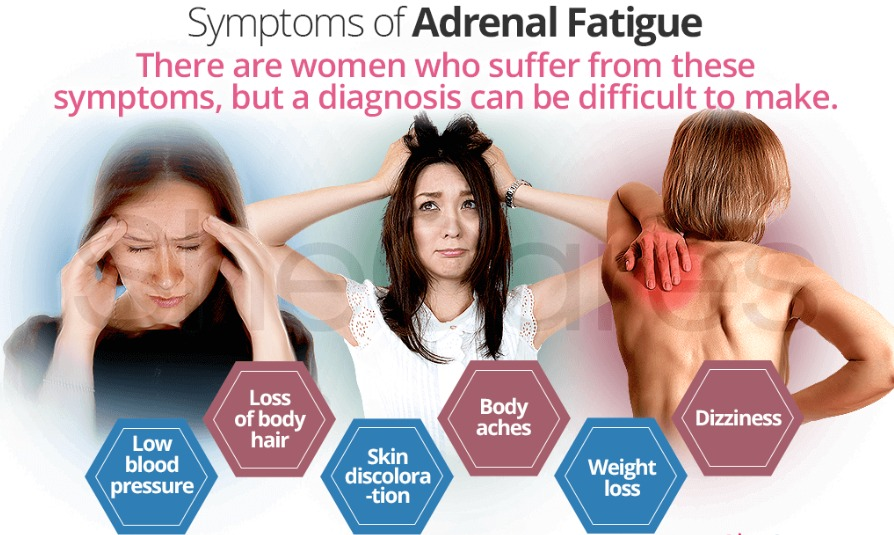If you’re feeling constantly drained and can’t seem to get back on your feet, it might not just be burnout. Misdiagnosing adrenal fatigue could have serious long-term effects on your health—here’s why you need to pay attention.
Adrenal fatigue is a condition that’s gaining attention, but often misunderstood or misdiagnosed. When our adrenal glands are overworked due to prolonged stress, they can fail to produce enough cortisol, leaving us feeling fatigued, overwhelmed, and mentally foggy. However, if not diagnosed or treated correctly, the consequences go far beyond feeling tired.
The Impact of Incorrect Diagnosis
One of the biggest problems with adrenal fatigue is that its symptoms overlap with many other conditions—chronic fatigue syndrome, thyroid imbalances, depression, or even autoimmune disorders. Misdiagnosis or neglecting the root cause can lead to prolonged suffering, worsening fatigue, and a host of additional health problems.
If your body isn’t producing enough cortisol or stress hormones, it can affect nearly every system. From hormone imbalances, sleep disturbances, digestive problems, and even immune dysfunction, untreated adrenal fatigue can create a domino effect of health issues.
The Risk of Masking Symptoms
Another common mistake is treating the symptoms without addressing the cause. Many turn to stimulants like caffeine or sugar to combat the energy crashes, but this only exacerbates the issue, forcing the adrenal glands to work harder and pushing the body into further depletion.
Additionally, some health practitioners may focus on medications like antidepressants, thinking it’s a mood-related issue, without considering the hormonal imbalance driving these feelings of fatigue and depression. While temporary relief might occur, it doesn’t fix the underlying issue—and can lead to a cycle of frustration and worsening health.
What to Do If You Suspect Adrenal Fatigue
Proper diagnosis involves a holistic approach. Blood work to assess cortisol levels, alongside tests for other hormone imbalances, is essential. Equally important is evaluating lifestyle factors like stress, sleep, diet, and emotional health.
By taking proactive steps early on, such as managing stress through mindfulness, improving nutrition, and getting adequate rest, you can prevent adrenal fatigue from escalating into more serious conditions like adrenal insufficiency or burnout.
Adrenal fatigue may sound like a minor issue, but failing to diagnose and treat it correctly can set off a cascade of health problems. Don’t let exhaustion become your new normal—listen to your body, seek the right guidance, and take steps to restore balance.






